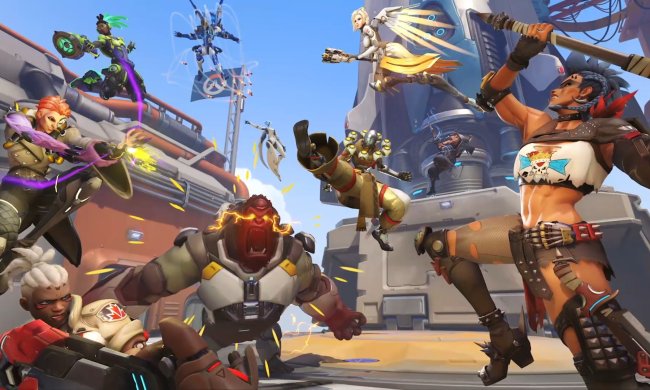
Frank O’Connor, Franchise Development Director at 343 Industries, is quoted as saying “there is plenty of chance that Halo 5 could appear on the PC” in a report from PC Gamer. However, while he stated that it wouldn’t be too difficult to port the game, he did note that he had “nothing to announce at this point”.
Longtime fans of the series will know that its first and second instalment both found their way to the PC, albeit after their respective Xbox release dates. A push for console exclusives ended this tradition with Halo 3, but more recently Microsoft has been developing a multiplayer-focussed Halo game for the PC, exclusively for a Russian audience.
Indeed, the series has its roots on the home computer — but not with Microsoft. In the earliest years of its development, the game was being built as a Mac exclusive. However, much has changed since that early build, as Halo was a real-time strategy title back then.
Given that Halo 5 is receiving high praise ahead of release, there’s plenty of reason why PC gamers would want to have access to it. With Microsoft looking to give as many reasons as possible to upgrade to Windows 10, it could be a potent exclusive for the OS, but it remains to be seen whether the company would do so at the cost of its console gaming interests.
For now, there’s no indication that we’ll actually see Halo 5 release for the PC any time soon. However, O’Connor’s senior status with the franchise at least suggests that the idea is being considered by the people that matter.


